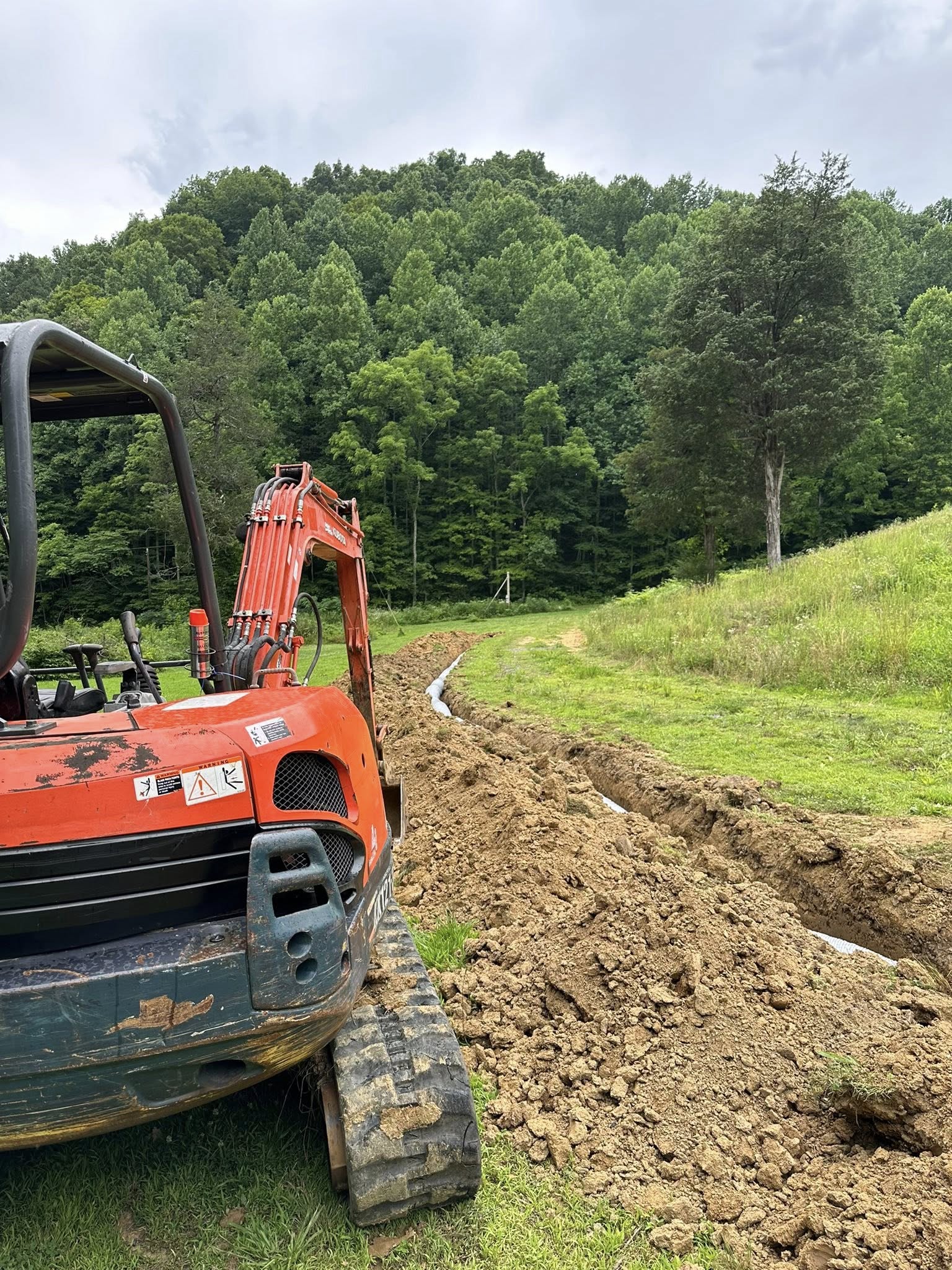
The Future of Excavation: Embracing New Technologies for Better Efficiency Aug 09, 2025
Traditionally, excavation has been viewed as a resource-intensive and time-consuming endeavor. Heavy machinery, coupled with high labor costs, have long dictated the pace and financial bottom line of construction projects. However, the advent of advanced machinery and digital innovations is transforming these dynamics. At the core of these changes is the integration of automation and smart technology, which drive precision and efficiency in ways previously unimaginable.
One of the revolutionary shifts in excavation is the use of autonomous equipment. Excavation Innovations has spearheaded this movement by incorporating self-operating excavators and loaders. These machines, equipped with sophisticated GPS and sensor technology, automatically navigate and execute tasks with incredible precision, minimizing human error and improving job site safety. This cutting-edge technology ensures that projects are completed faster, with a reduced margin for costly mistakes.
Additionally, the incorporation of Building Information Modeling (BIM) into excavation strategies offers unprecedented advantages. BIM allows for the detailed planning and simulation of excavation projects in a virtual environment. By visualizing the project before breaking ground, contractors can identify potential problems and optimize processes effectively. This proactive approach reduces delays and costs, while maximizing resource utilization.
Another cornerstone of modern excavating is the use of drone technology. Drones, outfitted with high-resolution cameras and LIDAR sensors, provide comprehensive aerial surveys of job sites. This bird’s-eye view facilitates accurate topographical mapping and monitoring of progress, enabling quick assessments and the ability to make informed decisions in real time. The benefits extend to improving sustainability by reducing the environmental footprint of projects, through precise assessments and minimization of unnecessary ground disturbance.
Sustainability plays a critical role in the future of excavation. With rising environmental concerns, Excavation Innovations is committed to eco-friendly practices. The adoption of electric-powered machinery exemplifies this commitment, significantly lowering emissions and noise pollution compared to conventional equipment. These environmentally conscious choices not only comply with stricter regulations but also appeal to clients increasingly concerned with sustainability.
Remote monitoring technology, in conjunction with the Internet of Things (IoT), integrates every piece of equipment and personnel into a centralized system. This allows for meticulous coordination and oversight, ensuring that every project stage aligns with planned objectives. The ability to track and manage resources and operational metrics remotely streamlines workflows and enhances operational efficiency.
In conclusion, the future of excavation is bright with technological advancements leading the charge. Excavation Innovations is a pioneer in this transformation, leveraging technology to offer unparalleled efficiency and precision. By staying at the cutting edge of these innovations—be it through autonomous equipment, BIM, drones, or environmentally sustainable practices—the company not only improves productivity but also sets a standard for others to follow. For clients, the benefits are clear: faster, more cost-effective, and environmentally friendly excavation solutions that meet the demands of modern construction endeavors.
As the industry continues to evolve, embracing these technologies will be crucial for any excavation service provider aiming to remain competitive and responsive to both current and future market demands. By investing in technology today, companies like Excavation Innovations are paving the way for a more efficient and sustainable tomorrow.
/filters:no_upscale()/media/14f0206d-8400-418b-9440-502974c65edd.jpeg)
/filters:no_upscale()/filters:format(webp)/media/7dc9553e-bef3-4839-b58c-c612218e67ef.jpeg)